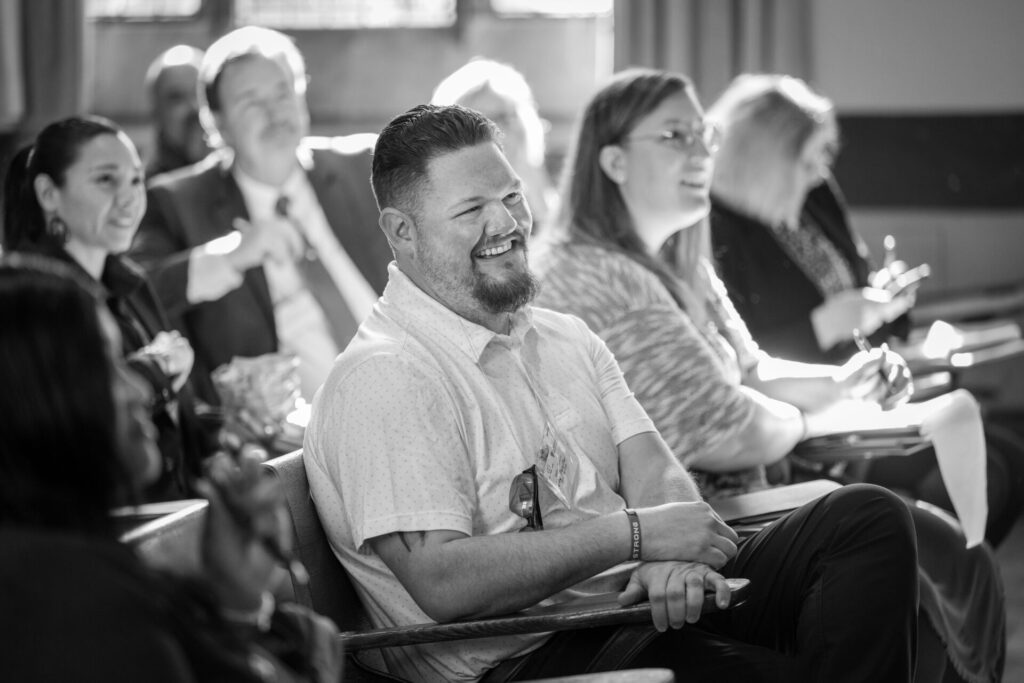
The Impact of TRIO on My Life
TRIO to has been a blessing in my life. I was a 17-year-old father to a beautiful little girl, and I had dropped out of high school. I was unsure what my next step was, so I worked to provide for my family.
Then I met this wonderful woman who worked for the Educational Opportunity Center (EOC) at Morehead State University, which helped me get my GED. The program paid for my GED, which was terrific because I could not afford the $250. In 2001, this woman helped me complete my financial aid and college admissions application to Morehead State.
She helped me reach the goals I needed to accomplish and finish my bachelor’s degree. She helped me along a path that I, then an adult learner with a family, probably never could have followed on my own. Without EOC, I would not have been able to do to complete my college journey. Now I direct the EOC program at Morehead State University.
When we help the struggling mother and support her as she gets her degree, we are helping her help herself. Once she gets that bachelor’s degree, her kids are no longer first-generation, and she stops the low-income, first-generation gap in her family. EOCs make that change, and we can help many adults arrive at a new life.
Matthew Donovan
My advice to other adult learners would be to remember that it’s the journey that is important. Finish that degree, get everything you can, and be the best person you can be. The thing I’ve learned, and it’s still a struggle for me at times, is that I suffer severely from impostor syndrome. I never truly felt like I belong, even after earning my bachelor’s and master’s degrees with honors and working towards my doctorate.
For many first-generation college students, imposter syndrome is something we must battle. Through our substance abuse counseling or inmate services, I remind our EOC adults that we can be the greatness we want to see as first-generation college students and college graduates. Ironically, these conversations help me circumvent my impostor syndrome.
How I Give Back to the TRIO Community
The biggest thing for TRIO alumni to remember is that since you succeeded on this journey, you ought to make it easier for others to follow the same journey successfully. Be proactive and find those first-generation and low-income students in your community and your state and introduce them to TRIO.
The great thing about Educational Opportunity Centers is that we have an extensive regional reach. I have two grants, and we serve 2,505 adults in my service region of 36 counties. EOC programs make a multi-generational change.
When we help the struggling mother and support her as she gets her degree, we are helping her help herself. Once she gets that bachelor’s degree, her kids are no longer first-generation, and she stops the low-income, first-generation gap in her family. EOCs make that change, and we can help many adults arrive at a new life.
Being from Appalachia, where we’re historically poor and historically impoverished, making a difference like this is one of the best things I feel I can do.
To complement your First-Generation College Celebration Day plans, on Tuesday, November 1 at 4:00 p.m. ET or Wednesday, November 2 at 6:00 p.m. ET, watch Matthew Donovan and three other panelists discuss how to create an environment conducive to first-generation adult learners.